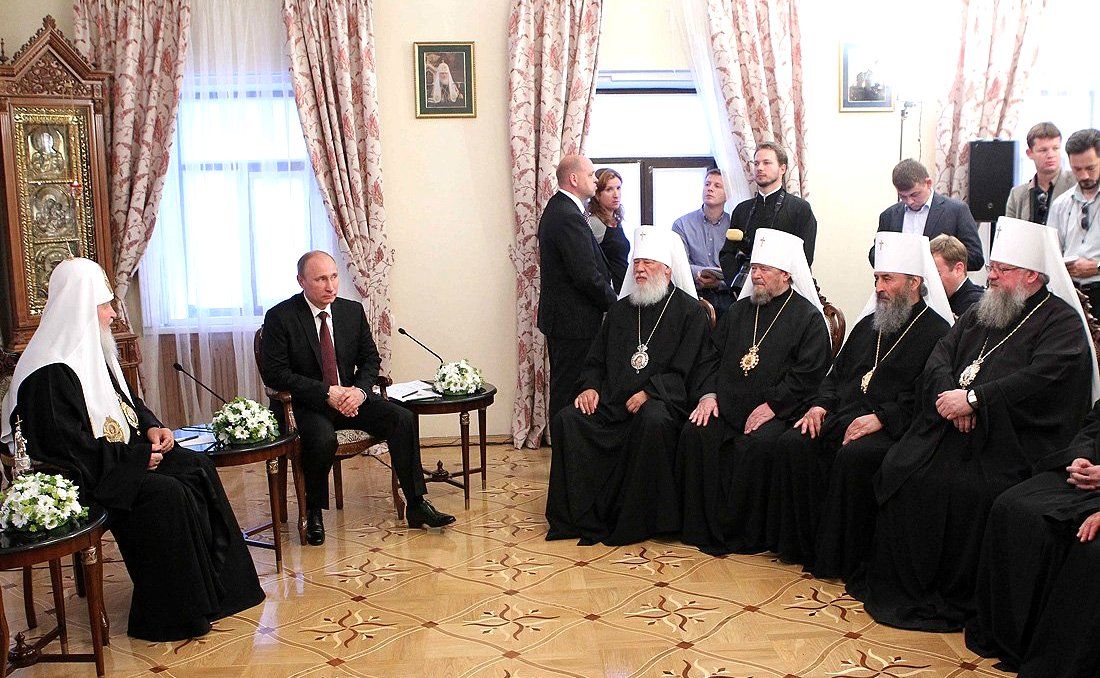Controversial Ukrainian lawmaker fled country illegally, authorities confirm.
Support independent journalism in Ukraine. Join us in this fight.
Become a member Support us just onceThe State Bureau of Investigation (DBR) confirmed on Aug.
26 that controversial lawmaker Artem Dmytruk illegally crossed the border in Odesa Oblast and entered Moldova. Under martial law, Ukrainian men aged between 18 and 60, with some exceptions, are not allowed to leave the country as they may be called up for military service. Lawmakers can travel abroad if permitted by the head of the parliament.
Dmytruk had no such permission. Dmytruk fled the country on Aug.
24, the day before Prosecutor General Andrii Kostin charged the lawmaker with assaulting a soldier and a law enforcement officer in separate altercations. The Prosecutor General's Office did not directly name Dmytruk, but sources within law enforcement agencies confirmed to Ukrainian news outlet Ukrainska Pravda that the suspect was Dmytruk.
Dmytruk did cross the border illegally, Tetiana Sapian, DBR's communications advisor, said on national television. According to Ukrainska Pravda, the lawmaker didn't officially pass a Ukrainian border crossing point. Authorities are investigating several people, including border control officials, suspected of aiding Dmytruk in illegal crossing.
Dmytruk, an independent member of parliament, was involved in two separate altercations with authorities. While in Odesa, Dmytruk, along with accomplices, allegedly caused minor bodily harm to an on-duty law enforcement officer during an argument. He also allegedly attempted to steal the officer's weapon.
In another incident in Kyiv, Dmytruk allegedly got into an altercation with a soldier, hitting him on the head several times and causing moderate bodily harm. Sapian also confirmed that the investigation against Dmytruk had been ongoing for a long time, but the charges against the MP were awaiting the prosecutor general's signature. There are no grounds to strip Dmytruk of his parliamentary mandate as of now, Serhii Yevtushok, deputy head of the parliamentary committee on parliamentary ethics, said on national television.
The grounds may include a court verdict, which is not yet available in Dmytruk's case, deprivation of Ukrainian citizenship if a person has dual citizenship, death, or resignation, Yevtushok added. If the court verdict is issued, "the parliament will strip this MP of his powers," Yevtushok said. In a post on Telegram on Aug.
24, prior to fleeing the country, Dmytruk acknowledged that law enforcement officials conducted a search of the MP's hotel room in Kyiv, as well as his apartment in Odesa. Dmytruk, without evidence, claimed that the search was politically motivated, as a result of his previously pro-Russian political views, as well as support for the Kremlin-linked Ukrainian Orthodox Church of the Moscow Patriarchate (UOC-MP). First elected as an independent MP representing Odesa in 2019, Dmytruk later joined and was subsequently expelled from the Servant of the People faction in parliament.
While serving in parliament, Dmytruk took a number of pro-Russian stances on various issues. A staunch supporter of the Moscow-backed church, Dmytruk allegedly posted bail for the priest of the church who allegedly collaborated with Russia. Law enforcement officials told Ukrainska Pravda that Dmytruk fled Ukraine through Moldova and took a flight to Rome the same day.
The Kyiv Independent can't independently verify these claims.
Zelensky signs law potentially banning Moscow-linked church
The legislation could effectively prohibit the activities of the Ukrainian Orthodox Church of the Moscow Patriarchate (UOC-MP), which is legally subordinate to the Russian Orthodox Church.
